The AMD 3rd Gen Ryzen Deep Dive Review: 3700X and 3900X Raising The Bar
by Andrei Frumusanu & Gavin Bonshor on July 7, 2019 9:00 AM ESTTest Bed and Setup
As per our processor testing policy, we take a premium category motherboard suitable for the socket, and equip the system with a suitable amount of memory running at the manufacturer's maximum supported frequency. This is also typically run at JEDEC subtimings where possible.
It is noted that some users are not keen on this policy, stating that sometimes the maximum supported frequency is quite low, or faster memory is available at a similar price, or that the JEDEC speeds can be prohibitive for performance. While these comments make sense, ultimately very few users apply memory profiles (either XMP or other) as they require interaction with the BIOS, and most users will fall back on JEDEC supported speeds - this includes home users as well as industry who might want to shave off a cent or two from the cost or stay within the margins set by the manufacturer. Where possible, we will extend out testing to include faster memory modules either at the same time as the review or a later date.
| Test Setup | |||||
| AMD 3000*1 | R9 3900X R7 3700X |
MSI MEG X570 Ace |
7C35v12 7C35v11*2 |
Wraith Prism | G.Skill TridentZ 4x8 GB DDR4-3200 CL16 16-16-16-36 |
| AMD 2000 | R7 2700X R5 2600X R5 2500X |
ASRock X370 Gaming K4 |
P4.80 | Wraith Max* | G.Skill SniperX 2x8 GB DDR4-2933 |
| AMD 1000 | R7 1800X | ASRock X370 Gaming K4 |
P4.80 | Wraith Max* | G.Skill SniperX 2x8 GB DDR4-2666 |
| AMD TR4 | TR 1920X | ASUS ROG X399 Zenith |
0078 | Enermax Liqtech TR4 |
G.Skill FlareX 4x8GB DDR4-2666 |
| Intel 9th Gen | i9-9900K i7-9700K i5-9600K |
ASRock Z370 Gaming i7** |
P1.70 | TRUE Copper |
Crucial Ballistix 4x8GB DDR4-2666 |
| Intel 8th Gen | i7-8086K i7-8700K i5-8600K |
ASRock Z370 Gaming i7 |
P1.70 | TRUE Copper |
Crucial Ballistix 4x8GB DDR4-2666 |
| Intel 7th Gen | i7-7700K i5-7600K |
GIGABYTE X170 ECC Extreme |
F21e | Silverstone AR10-115XS |
G.Skill RipjawsV 2x16GB DDR4-2400 |
| Intel 6th Gen | i7-6700K i5-6600K |
GIGABYTE X170 ECC Extreme |
F21e | Silverstone AR10-115XS |
G.Skill RipjawsV 2x16GB DDR4-2133 |
| Intel HEDT | i9-7900X i7-7820X i7-7800X |
ASRock X299 OC Formula |
P1.40 | TRUE Copper |
Crucial Ballistix 4x8GB DDR4-2666 |
| GPU | Sapphire RX 460 2GB (CPU Tests) MSI GTX 1080 Gaming 8G (Gaming Tests) |
||||
| PSU | Corsair AX860i Corsair AX1200i |
||||
| SSD | Crucial MX200 1TB **Crucial MX300 1TB |
||||
| OS | Windows 10 x64 RS3 1709 Spectre and Meltdown Patched **Windows 10 x64 1903 Spectre and Meltdown Patched |
||||
| *1 Ryzen 3000 series has been tested in a different environment. *2 Initial Review BIOS - Graphs results are marked with ** |
|||||
We must thank the following companies for kindly providing hardware for our multiple test beds. Some of this hardware is not in this test bed specifically, but is used in other testing.
Security Mitigrations
The systems have applied the latest Spectre and Meltdown mitigation patches where applicable. Meanwhile we should note that while the ZombieLoad exploit was announced earlier this year as well, the patches for that have not been released yet. We'll be looking at those later on once they hit.
Article Testing Methodology Update (July 8th):
We ran our original review numbers with the latest available firmware for the MSI MEG X570 ACE motherboard last week (Version 7C35v11). On Saturday the 6th MSI had shared with us a notice about a new version coming out, which became available to download to us on Sunday the 7th, the launch day and date of publication of the review.
We’ve had more time to investigate the new firmware, and have discovered extremely large changes in the behaviour of the frequency boosting algorithm. The new firmware (Version 7C35v12) for the motherboard contains AMD’s new ComboPI1.0.0.3.a (AGESA) firmware.
We discovered the following direct measurable effects between the two firmware versions:
(Note: This is a custom test that uses a fine-grained looping timed fixed instruction chain to derive frequency; it showcases single-core frequency)
We notice a significant change in the CPU’s boosting behaviour, now boosting to higher frequencies, and particularly at a faster rate from idle, more correctly matching AMD’s described intended boost behaviour and latency.
We’re currently in the process of re-running all our suite numbers and updating the article where necessary to reflect the new frequency behaviour.
Article Testing Methodology Update (July 9th):
We've updated the article benchmark numbers on the Ryzen 9 3900X. We've seen 3-9% improvements in exclusive ST workloads. MT workloads have remained unchanged, Gaming had both benefits and negatives. We continue to work on getting updated 3700X numbers and filling out the missing pieces.
Original BIOS results are as of first publication are marked with ** in the graphs.
Article Testing Methodology Update (July 10th):
We've also updated our Ryzen 7 3700X results now. Ultimately our conclusions haven't changed, but AMD does narrow the gap a bit more. For a full summary of our findings, please check out this article.


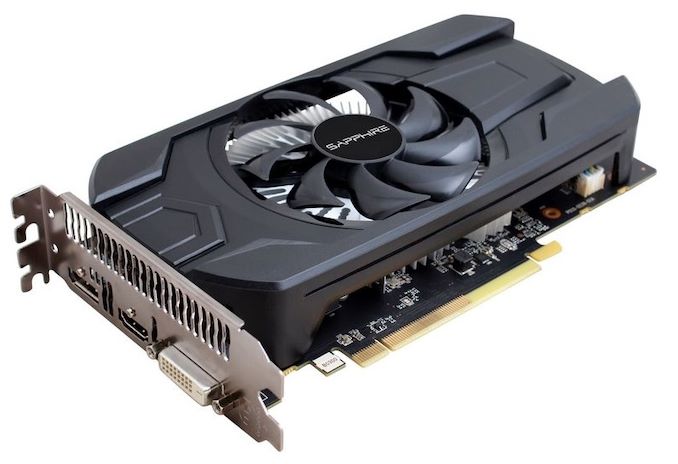
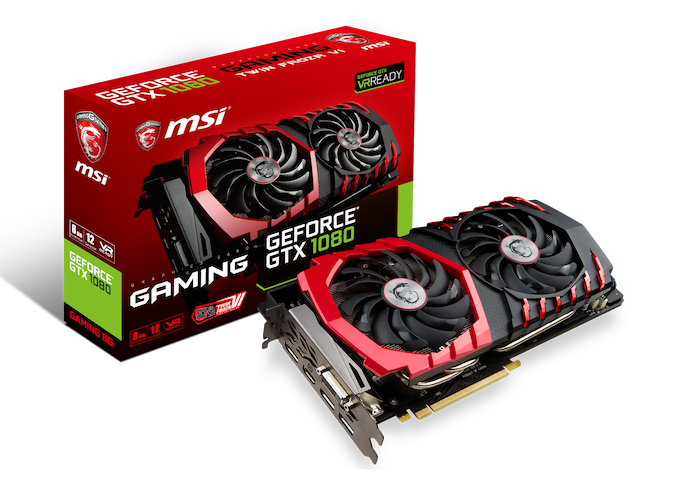
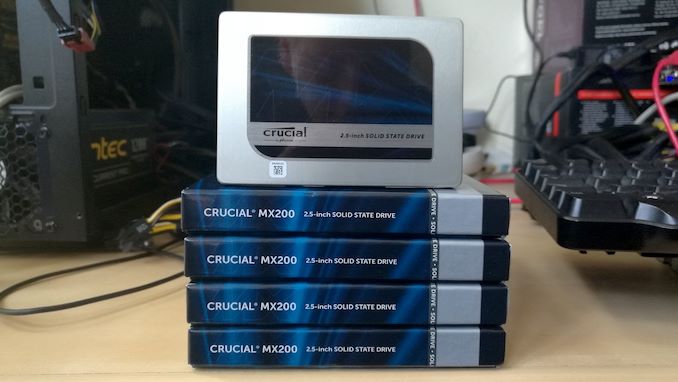
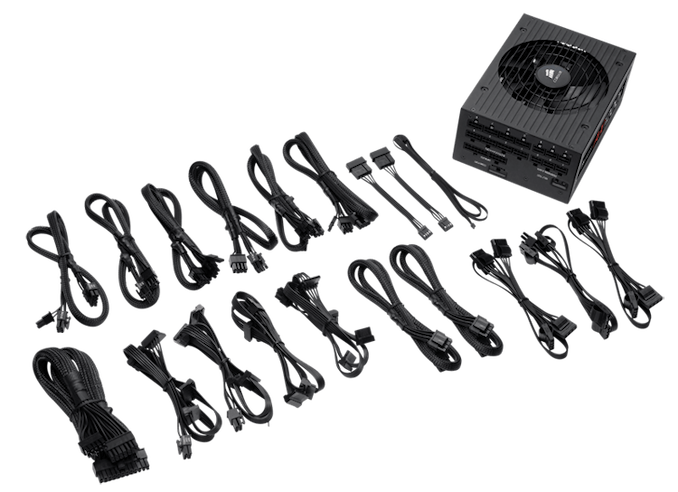
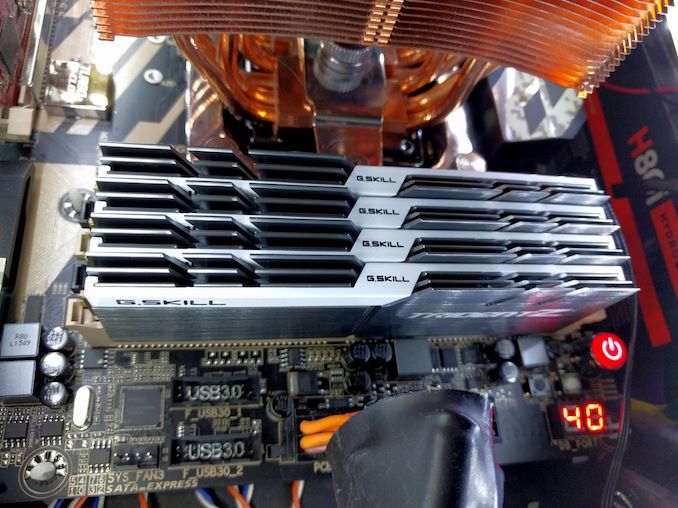
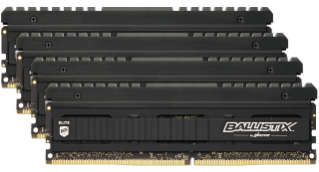
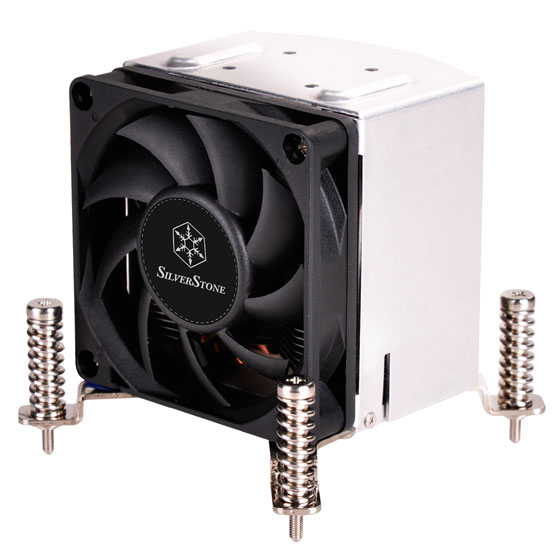
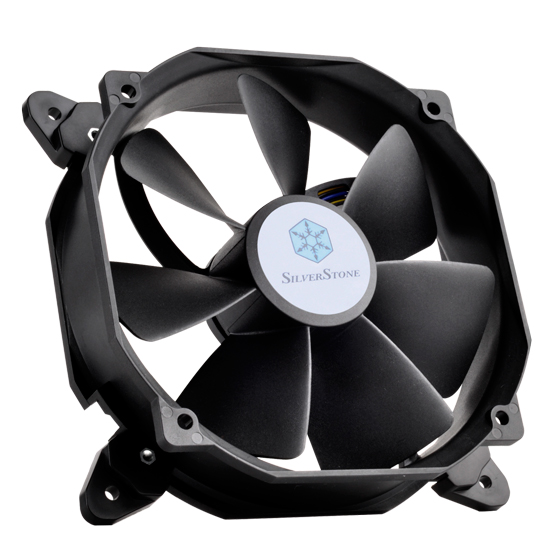









447 Comments
View All Comments
generalako - Tuesday, July 9, 2019 - link
The only one being an apologist here is you CityBlue. In all your rage about Anandtech not testing with mitigations in place, you failed to every take up the fact that Anandtech has also tested the Intel setup with lower RAM speeds than the AMD one. Which is, to use your own words, "hard to take seriously...for not testing with a level, real-world playing field". Changing RAM speed is a simple push of the button on XMP, and both easily support time (not to mention that x570 motherboards isn't something the overwhelming majority of people, for obvious reasons, will buy). Remember, this was a traditional complaint from many users back when Zen 1 came out, and was tested by various vendors out there (like Gamersnexus) with lower RAM speeds and Intel counterparts.CityBlue - Tuesday, July 9, 2019 - link
@generalako as I said in a previous comment, this article and it's benchmarking is so fundamentally flawed that I'm not willing to invest the time to read the article (I mean, seriously - what's the point?) so forgive me for not mentioning other errors/omissions that may have favoured AMD but two wrongs do not make a right, and especially not when the mitigation omission is so egregious.Meteor2 - Monday, July 15, 2019 - link
CityBlue, you're spot-on. +1.GreenReaper - Tuesday, July 9, 2019 - link
This is true for the HEDT X-series motherboard as well. 1.40 is from March 2018. There have been three updates since then, including two new instances of microcode, the last from 6 June 2019:https://www.asrock.com/MB/Intel/X299%20OC%20Formul...
This does *not* apply in quite the same way for the GIGABYTE X170 ECC Extreme used for the 7th- and 6th-gen Intel CPUs... but only because it hasn't been updated *by Gigabyte* since the very first patches for Meltdown and Spectre at the start of 2018:
https://www.gigabyte.com/uk/Motherboard/GA-X170-EX...
MLSCrow - Monday, July 8, 2019 - link
Some of those benchmark results with the i9-7920X are very fishy. In some cases, out-performing Intel CPU's with more advanced cores that have 2/3rd the cores, yet, it somehow manages to score 550% better? Please explain.madseven7 - Monday, July 8, 2019 - link
Seems like Anandtech is becoming PCPerspective.GreenReaper - Tuesday, July 9, 2019 - link
Well, it *is* an X-series. Perhaps it has a bit more cache? Or AVX-512 support with more modules? But I also see it's using a BIOS from March 2018 - not the latest from June 6 with microcode allowing MDS mitigations to be used by the OS (see my comment in the previous page).mattkiss - Monday, July 8, 2019 - link
There are multiple errors in the "X570 Motherboards: PCIe 4.0 For Everybody" section. Check the second paragraph and "AMD X570, X470 and X370 Chipset Comparison" table that follows it.Ryan Smith - Tuesday, July 9, 2019 - link
Could you please be more specific? I'm thumbing through the specs right now, and I'm not seeing an issue.Maxiking - Tuesday, July 9, 2019 - link
So any plans to cover the huge fraud and misleading AMD marketing about frequency and the boost frequency? The majority of 3900x have such poor silicon quality they can't reach 4.6 GHz on a single core.